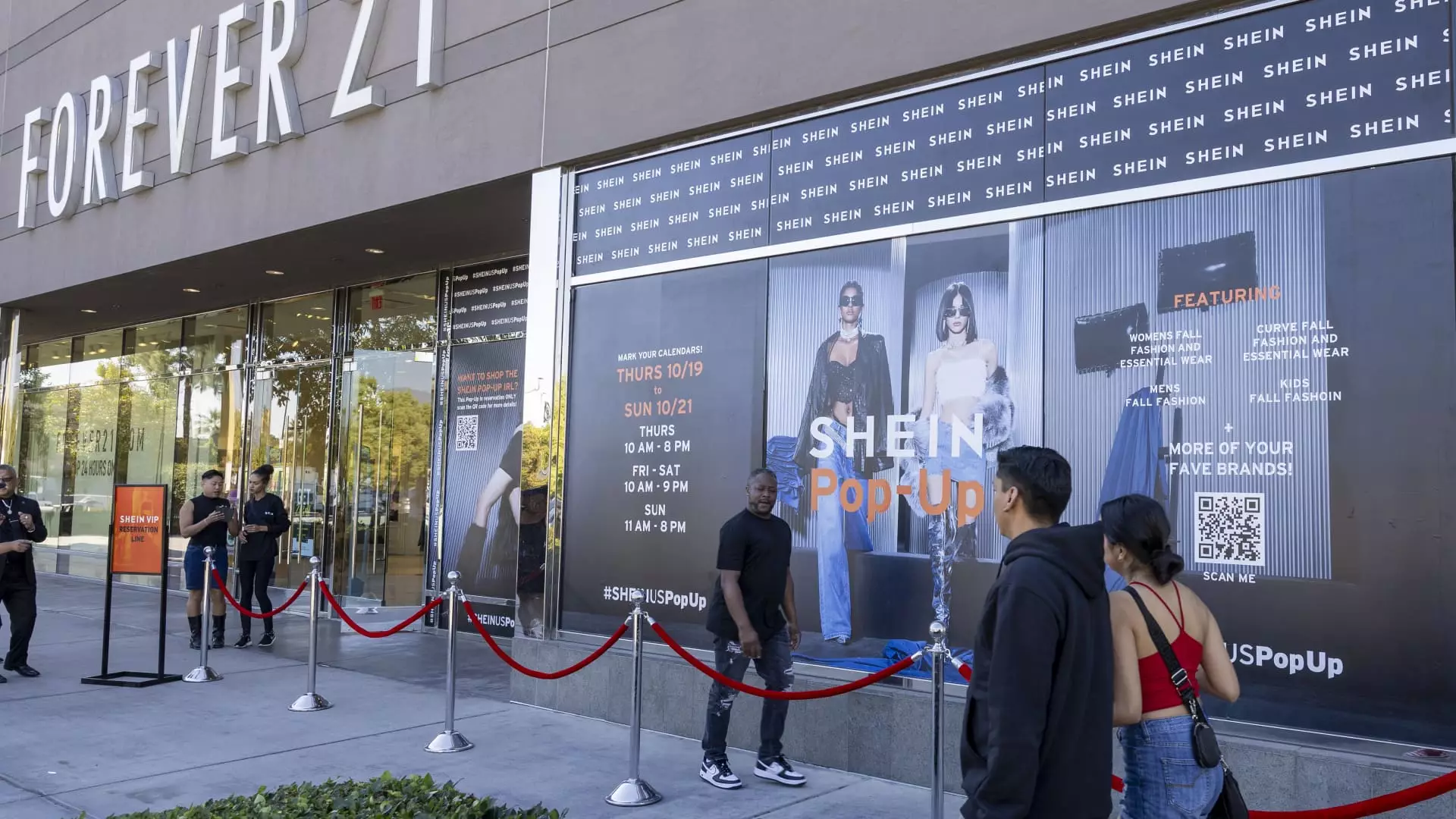Forever 21, a well-known fast-fashion player with over 380 stores in the U.S., is facing a tough time navigating through the competitive retail landscape. As per CNBC reports, the company has reached out to its landlords seeking a substantial reduction in rent, up to 50%, amidst declining sales and financial strain. This move comes as the retailer grapples with a range of issues, including managing inventory, understanding consumer trends, and remaining relevant in the fast-paced fashion industry.
Forever 21’s struggles are not new, with challenges that have long plagued its business operations. The company operates in a market that is becoming increasingly saturated with competitors, making it harder to stand out and attract shoppers. Additionally, issues related to managing inventory efficiently and responding to changing consumer demands have hindered its growth and profitability over the years.
Following its bankruptcy protection filing in 2019, Forever 21 was acquired by a consortium that included Authentic Brands Group, Simon Property Group, and Brookfield Property Partners. Despite closing hundreds of stores post-bankruptcy, the company’s financial position remains precarious. Late payments to vendors and challenges in merging legacy brands under Sparc Group, its joint venture operator, have further exacerbated its financial struggles.
In recent years, Forever 21 has faced stiff competition from ultra-fast fashion retailers like Shein and Temu. The rapid speed at which these companies can design, manufacture, and distribute trendy clothing items has put traditional players like Forever 21 at a disadvantage. The ability of these new entrants to quickly respond to viral trends on platforms like TikTok has reshaped consumer expectations and preferences in the industry.
In a surprising move, Authentic Brands CEO Jamie Salter admitted that acquiring Forever 21 might have been a mistake, acknowledging the competitive edge that Shein and Temu bring to the table. As part of a strategic partnership, Shein has collaborated with Forever 21 on a co-branded line of apparel and accessories, boosting foot traffic at retail stores. While there have been speculations about Shein potentially taking over Forever 21’s physical locations, the unlikely nature of this scenario highlights the distinct business models and expertise of the two retailers.
As Forever 21 continues its efforts to navigate through financial difficulties and changing market dynamics, the retail landscape remains highly competitive and challenging. The company’s ability to adapt to evolving consumer trends, streamline its operations, and differentiate itself from competitors will be crucial in determining its long-term success. By addressing key issues such as inventory management, vendor relationships, and lease agreements, Forever 21 can position itself for sustainable growth in the fast-fashion industry.

